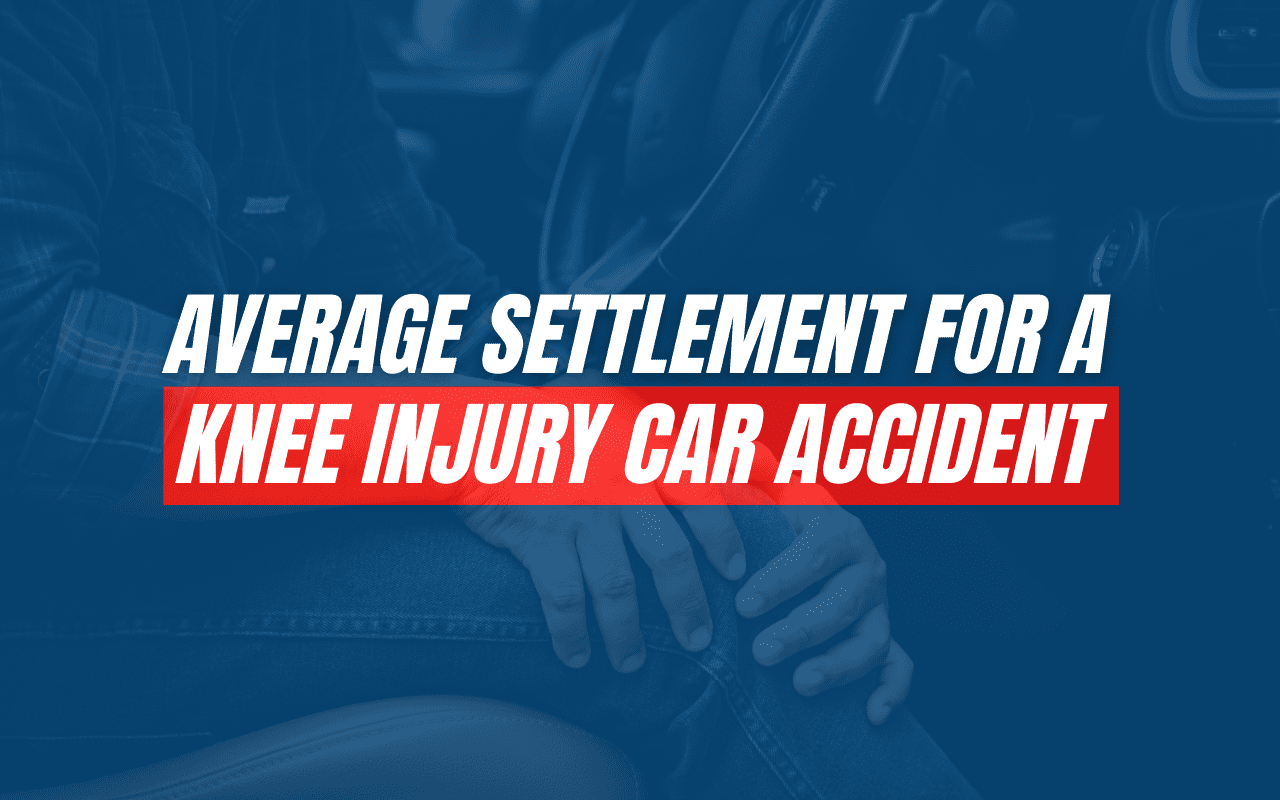
Bad Faith Insurance Claims In Miami, FL
Navigating Bad Faith Insurance Claims in Florida
Insurance is designed to provide a safety net for individuals and businesses, offering financial protection in times of need. In Florida, like many other states, individuals purchase insurance policies with the expectation that their insurers will act in good faith and fulfill their contractual obligations promptly and fairly. Unfortunately, bad faith insurance claims can disrupt this trust, leaving policyholders in a state of frustration and uncertainty. If you’ve been wronged by an insurance company, we can help. Our Miami bad faith insurance claims lawyer at Florida Legal has extensive experience handling these types of cases and can help you secure the best possible outcome.
Understanding Bad Faith Insurance Claims
In the realm of insurance, the term “bad faith” refers to a situation in which an insurer fails to act fairly and honestly towards its policyholders. This includes instances where insurance companies engage in deceptive practices, delay legitimate claims, or unreasonably deny coverage without proper justification. In Florida, bad faith insurance claims can be brought against insurers when they breach their duty to act in good faith and fair dealing as required by law.
Florida Statute 624.155, also known as the Florida Bad Faith Statute, outlines the legal framework for addressing bad faith insurance claims in the state. This statute allows policyholders to pursue legal action against their insurers if they believe their claims were mishandled or denied in bad faith. To establish a bad faith claim, the policyholder must demonstrate that the insurer acted unreasonably or unfairly in handling their claim.
Recognizing Bad Faith Insurance Practices
- Unreasonable Delays: One common sign of a bad faith insurance claim is when an insurer unreasonably delays processing a legitimate claim. Delays can occur at various stages of the claims process, including the initial investigation, payment negotiations, or the resolution of a dispute.
- Denial of Valid Claims: Insurers have a duty to thoroughly investigate and fairly assess claims. When they unreasonably deny a valid claim without proper justification or evidence, it may be indicative of bad faith.
- Inadequate Investigations: Insurers must conduct thorough and unbiased investigations when assessing claims. If an insurer cuts corners, ignores key evidence, or fails to consider all relevant facts, it may constitute bad faith.
- Lowball Offers: Offering policyholders an unreasonably low settlement amount that does not adequately cover their losses is another sign of bad faith. Insurers must make good faith efforts to provide fair and reasonable compensation for valid claims.
- Breach of Policy Terms: Insurance policies are contracts, and insurers are bound by the terms and conditions outlined in these contracts. If an insurer fails to fulfill its obligations under the policy, it may be acting in bad faith.
- Failure to Communicate: Insurers have a duty to communicate with policyholders promptly and transparently regarding their claims. If an insurer fails to respond to inquiries, provide updates, or explain claim denials adequately, it may be acting in bad faith.
Legal Recourse for Bad Faith Claims in Florida
When policyholders believe they are facing a bad faith insurance claim in Florida, they have the right to pursue legal action against their insurer. To initiate a bad faith claim, the following steps are typically involved:
- Exhaust Administrative Remedies: Before filing a bad faith lawsuit, policyholders are generally required to exhaust administrative remedies by first filing a complaint with the Florida Department of Financial Services. This complaint initiates an investigation into the insurer’s actions.
- Demonstrate Bad Faith: To succeed in a bad faith insurance claim, the policyholder must demonstrate that the insurer acted in bad faith by failing to fulfill its contractual obligations, acting unreasonably, or engaging in deceptive practices.
- Provide Notice: Policyholders must provide written notice to the insurer of their intent to file a bad faith claim, allowing the insurer an opportunity to resolve the issue before legal action is pursued.
- Legal Action: If the insurer fails to address the issue or refuses to cooperate in resolving the matter, the policyholder can then file a bad faith lawsuit in a Florida court.
Damages in Bad Faith Claims
In Florida, successful bad faith insurance claims can result in the policyholder being awarded damages beyond the original claim amount. These additional damages are intended to compensate the policyholder for the harm and losses they suffered due to the insurer’s bad faith actions. Damages in a bad faith claim may include:
- Compensatory Damages: These damages cover the policyholder’s actual financial losses, such as medical bills, property damage, lost wages, and other out-of-pocket expenses.
- Emotional Distress Damages: Policyholders may be eligible for damages to compensate for the emotional distress, anxiety, and mental anguish caused by the insurer’s bad faith actions.
- Punitive Damages: In cases of egregious misconduct, Florida law allows for punitive damages. These are designed to punish the insurer for its wrongful behavior and deter similar conduct in the future.
Contact Our Bad Faith Insurance Claims Lawyer In Florida Now
Dealing with a bad faith insurance claim in Florida can be a challenging and frustrating experience. However, understanding your rights and responsibilities as a policyholder is crucial to protect yourself from unfair treatment by your insurer. If you suspect that your insurer is acting in bad faith, it’s essential to consult with an experienced bad faith insurance lawyer in Miami who can guide you through the legal process and help you pursue the compensation you deserve. Remember that the Florida Bad Faith Statute is in place to hold insurers accountable for their actions and ensure that policyholders are treated fairly and in good faith. Don’t delay, contact Florida Legal now for a free consultation and to learn more about how we can help.



